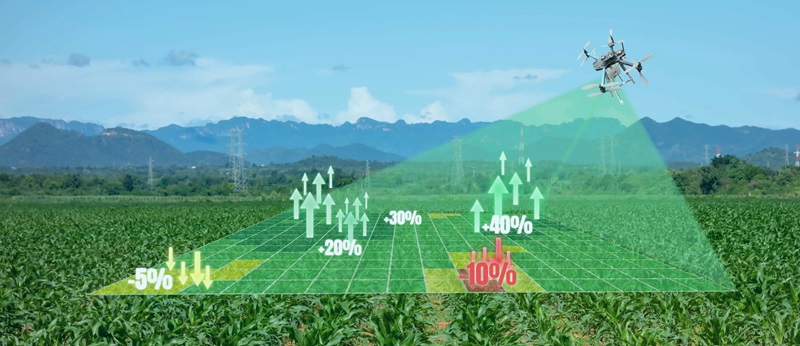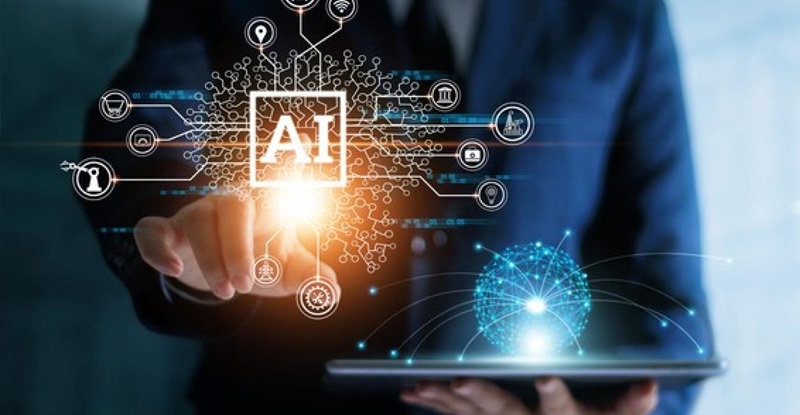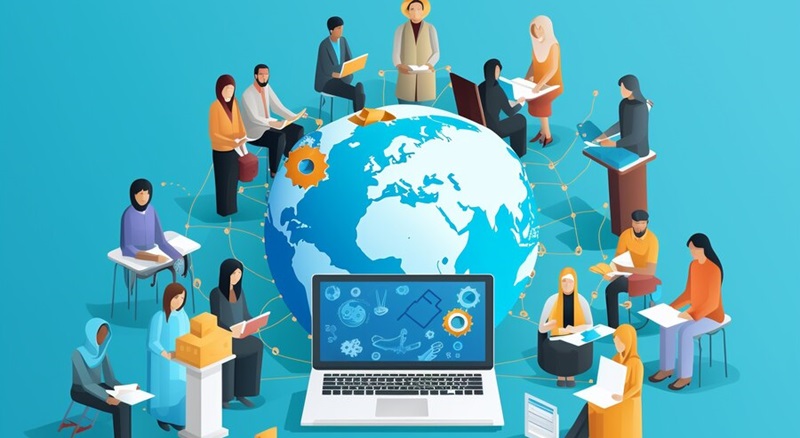Sustainable Skill Development: Empowering Tomorrow's Workforce

Sustainable skill development is a critical imperative in today's fast-paced world. As technological advancements and global challenges continue to reshape the employment landscape, individuals, organizations, and governments must invest in strategies that not only provide skill development but also ensure long-term sustainability.
In this dynamic environment, the key to sustainable skill development lies in fostering adaptability, enabling individuals to not only thrive in their current roles but to navigate the ever-changing career landscape with confidence. By equipping the workforce with these versatile skills, we lay the foundation for a resilient, future-ready society where both personal and collective growth is paramount.
The Urgency of Sustainable Skill Development
Several factors trigger the need for sustainable skill development, including the following –
Evolving Job Market: The job market is in a state of constant flux due to automation, digitalization, and the ever-changing needs of industries. A report estimated that 50% of all employees would need reskilling by 2025 to adapt to these shifts.
Closing the Skills Gap: A skills gap exists between the skills workers possess and those that are in demand. Bridging this skills gap isn't just a matter of addressing unemployment; it's a strategic move toward boosting innovation, economic growth, and individual fulfillment. By equipping individuals with the skills that align with the demands of evolving industries, we pave the way for a more competitive and prosperous future.
Value-Driven Approaches to Sustainable Skill Development
The following approaches can promote sustainable skill development —
Lifelong Learning: Encouraging a culture of lifelong learning is paramount. Individuals should view learning as an ongoing process, not limited to formal education. Initiatives like "Microlearning" modules and "Learning at Work" programs can provide bite-sized, ongoing training to employees.
Public-Private Partnerships: Collaborations between government entities, businesses, and educational institutions are essential. According to the World Economic Forum, 75% of respondents in its recent survey believe public-private collaboration is crucial in bridging the skills gap.
Digital Literacy: Digital skills are becoming increasingly vital. UNESCO states that there is a digital divide, with 89% of people in developed countries having access to the internet compared to only 19% in the least developed countries. Bridging this divide can enhance employability.
Vocational Training: Vocational training and apprenticeships can equip individuals with practical, job-ready skills. The German dual education system, for example, is often cited as a successful model.
Sustainable Skills for Sustainable Jobs: Aligning skill development with sustainable job opportunities is crucial. The International Labor Organization (ILO) advocates for Green Jobs, which combine economic viability with environmental sustainability.
Certification and Recognition: Offering certifications and recognizing prior learning experiences, including informal ones, can provide a pathway for individuals to enter or re-enter the workforce. Open Badges and digital credentials can make skill recognition more accessible.
Inclusivity and Diversity: Sustainable skill development must be inclusive, ensuring that traditionally marginalized groups have equal access to opportunities. Diversity can drive innovation and productivity.
Empowering Tomorrow’s Workforce
Sustainable skill development is not only a necessity for individuals looking to thrive in the modern job market but also a cornerstone for building resilient, adaptable, and thriving economies. Embracing lifelong learning, fostering public-private partnerships, and promoting digital literacy are just a few of the key approaches to ensure that skill development is both sustainable and value-driven. By aligning skill development with the evolving needs of industries and global challenges, we can empower the workforce of tomorrow and build a more prosperous and inclusive future.








